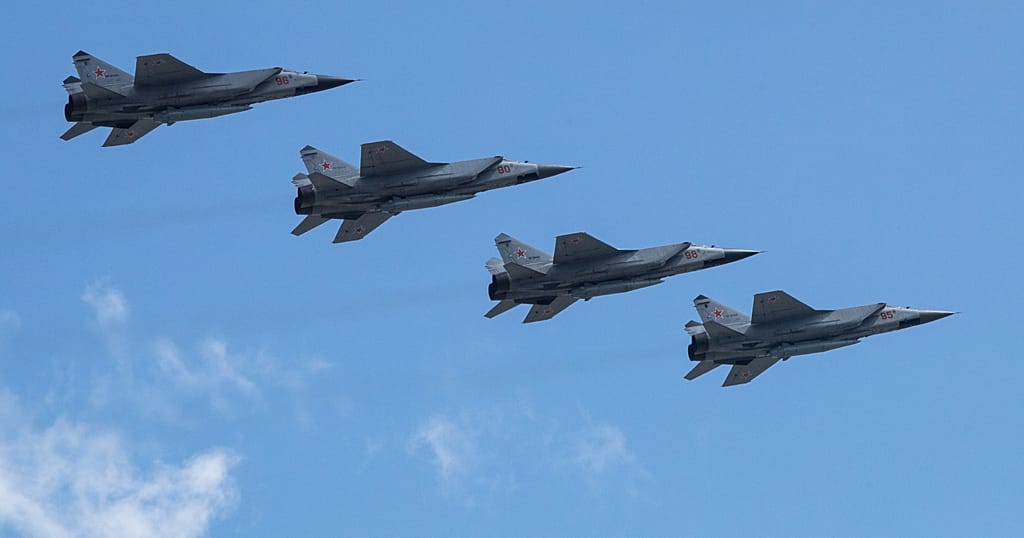The Nigerian Midstream and Downstream Petroleum Regulatory Authority (NMDPRA) has been accused of failing to enforce key provisions of the Petroleum Industry Act (PIA), specifically regarding sulphur limits, fuel quality standards, and regulatory frameworks for the oil market. Economist Kelvin Emmanuel made this assertion on Channels Television’s “The Morning Brief,” stating that the Authority’s negligence has created an uneven playing field for local refiners, allowing foreign traders to import substandard products into the Nigerian market.
Emmanuel explained that the NMDPRA has not enforced the PIA’s sulphur limits or provided a framework for regulating octane levels, distillation levels, cloud points for diesel, and flash points for diesel. This lack of enforcement has led to unfair competition, as traders import products that do not meet regulatory standards. The recent federal government directive imposing a 15% import duty on petrol is seen as a measure to protect domestic industries from harmful imports, in line with Article 6 of the World Trade Organisation (WTO) charter on countervailing and anti-dumping measures.
The economist noted that the NMDPRA does not operate standard ASTM labs and instead outsources product testing to third-party companies, leaving room for manipulation in determining fuel quality and prices. This has resulted in companies buying condensate in Eastern Europe, refining it, and sending it to Nigeria, often through Togo, which now controls a significant part of Nigeria’s energy security. The use of Floating Storage and Offloading Units (FSOs) for blending lacks the hydrotreating capacity to remove sulphur, leading to high-sulphur fuels entering the Nigerian market.
These imports violate the Economic Community of West African States (ECOWAS) sulphur limit of 50 parts per million and undermine Nigeria’s local refiners, who operate under stricter standards. The new policy directive from the presidency aims to compel marketers to comply with Section 317(7) of the PIA, which mandates the regulator to provide a backward integration plan for midstream refining or require importers to source products from local refiners. President Bola Tinubu’s approval of a 15% import duty on diesel and premium motor spirits is expected to promote stability in the downstream and oil sector and protect domestic refineries. The move is seen as a corrective measure to address the challenges facing Nigeria’s oil industry and ensure compliance with regulatory standards.



